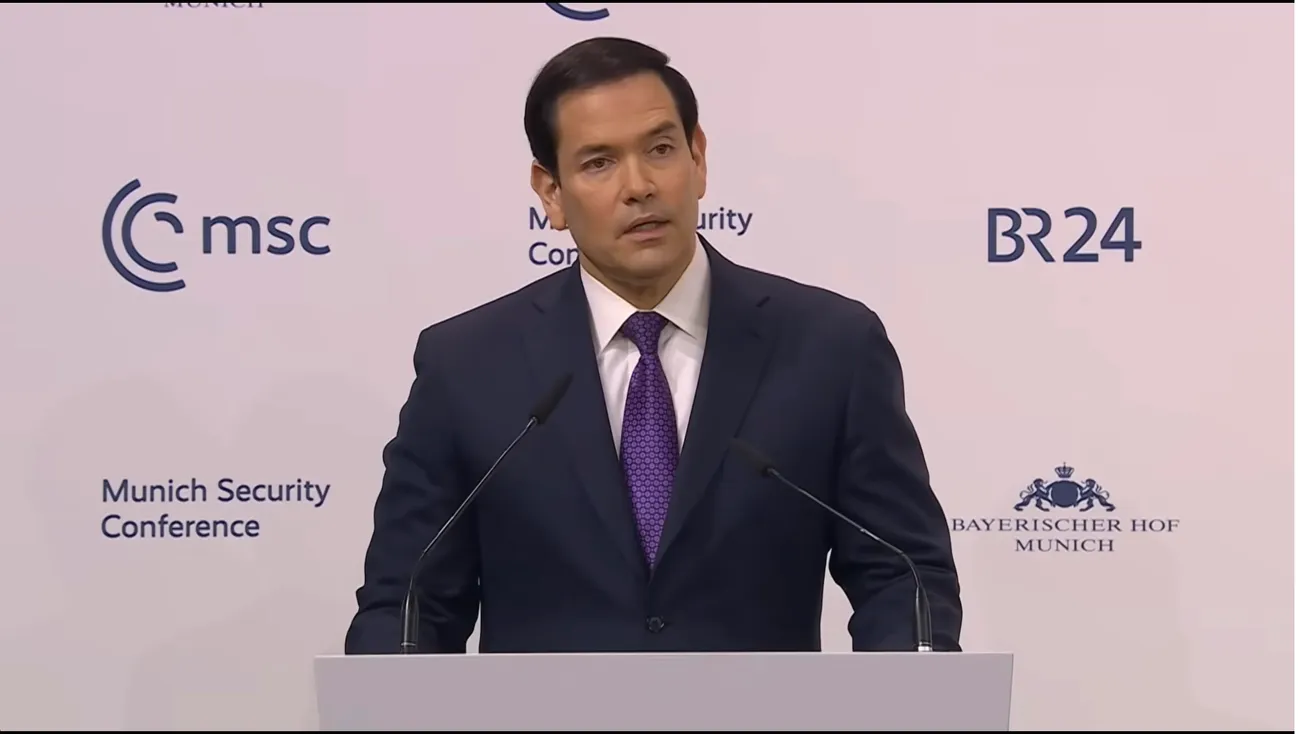U.S. District Judge Aileen Cannon ruled in favor of former President Donald Trump’s request for a special master to review the documents seized by the FBI, despite the Department of Justice’s (DOJ’s) avowal that they had already reviewed the documents themselves. The special master is to make judgments on documents that are personal, those protected by attorney-client privilege or by executive privilege.
The DOJ’s August 30 filing had simply disregarded Trump’s filing, which said the DOJ’s bias and animus against him, displayed in their “Russiagate” operation (or “Crossfire Hurricane” operation), was obvious and had never been cured. Further, the DOJ had maintained that Trump was not entitled to the return of any of the Presidential records that were taken, since he is no longer President and the documents, therefore, do not belong to him. And what of the personal items seized? No problem—the personal items that were seized, being commingled with classified information, therefore had potential value as evidence. The judge was not impressed by this argument.
Finally, the DOJ had argued that Trump lacked standing to request a special master, because his Presidential records were owned by the government, not Trump himself. The judge dismissed the objection, arguing that although Trump may not have ownership of many of the materials, “genuine disputes” exist as to whether other items constituted personal records. The judge also stated that the DOJ “arguably overstates the law” when they contend that the current President’s executive privilege cancels out a former President’s executive privilege. The DOJ attempt to create a new precedent, as if it were a decided issue, did not slip past the judge.
Both sides get to submit candidates for the special master. Meanwhile, the DOJ is supposed to temporarily halt their use of the documents that they seized.






